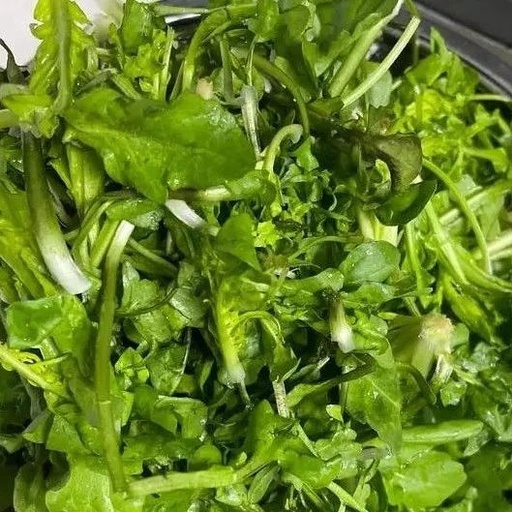Now is the time to nurture health, or you will have to nurture doctors in the future.Don’t let your career succeed while your health fails. Follow me to learn some ancestral health knowledge that will benefit you!
As the spring breeze blows, have you noticed the seemingly unremarkable Jia Cai (Shepherd’s Purse) by the fields, grasslands, and streams?
Some people dislike its earthy taste, while others mistakenly crush it as a weed.
But did you know? “Bencao Gangmu” refers to it as a “treasure for improving vision and benefiting the stomach,” and modern research has found its calcium content to be three times that of milk!
Today, let’s unlock this “spring golden vegetable” that nourishes the liver, supplements calcium, and regulates the body constitution. Don’t miss out after reading!
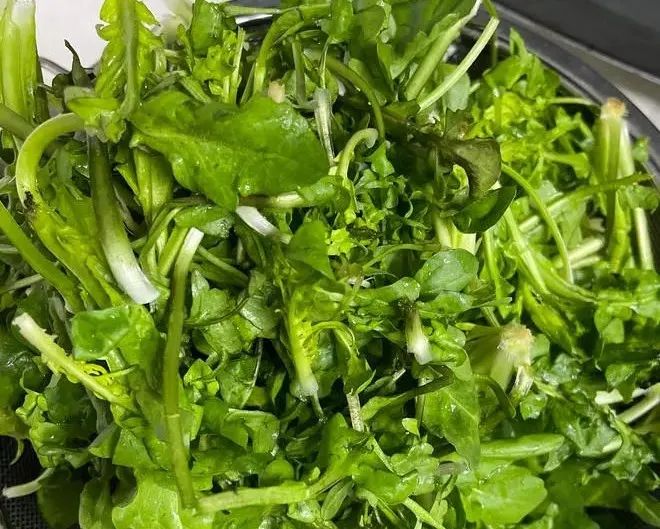
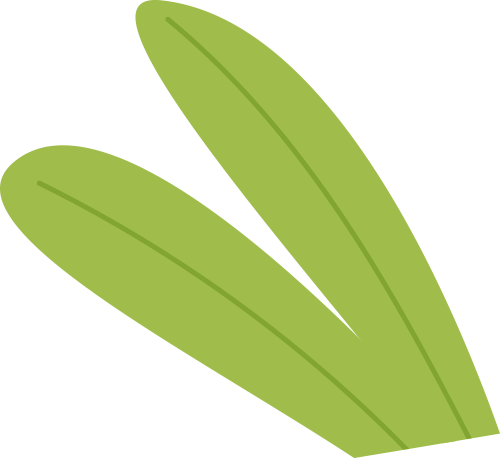
Nutritional Value and Efficacy of Jia Cai
Due to its unique nutritional components, Jia Cai (Shepherd’s Purse) is known as the “king of wild vegetables.” Traditional Chinese Medicine (TCM) considers it sweet and bland in flavor, neutral to slightly cool in nature, and effective in clearing heat and dampness, benefiting the liver and improving vision, as well as aiding digestion. It is suitable for consumption in spring.
The entire plant (roots, flowers, seeds) can be used medicinally, possessing effects such as improving vision, cooling, relieving heat, promoting urination, and treating dysentery. The flowers and seeds can stop bleeding and treat symptoms like hematuria, nephritis, hypertension, hemoptysis, dysentery, measles, dizziness, and eye pain.
Research has found that Jia Cai is rich in vitamin C and carotene, which help enhance the body’s immune function, lower blood pressure, and aid digestion. Additionally, the abundant vitamin A in Jia Cai can treat night blindness and cataracts. Its high fiber content enhances intestinal peristalsis, promotes excretion, and boosts metabolism, helping to prevent hypertension, coronary heart disease, obesity, diabetes, colorectal cancer, and hemorrhoids.

01
Clearing Damp-Heat, Calming the Liver and Improving Vision, Benefiting the Stomach
Especially for friends with liver damp-heat, it is highly recommended to eat Jia Cai in spring.
Liver damp-heat typically presents with symptoms such as chest tightness, abdominal distension, bitter mouth, dizziness, yellowish and scanty urination, and constipation; the tongue may appear red with a thick, greasy yellow coating. When damp-heat descends, there may also be symptoms like genital itching, scrotal dampness, and yellow, foul-smelling discharge.
Jia Cai clears the liver and regulates the spleen, calms liver fire, lowers blood pressure, and specifically addresses liver damp-heat.
In spring, if liver qi rises too quickly, it can lead to excessive liver fire, causing discomfort in the eyes, as the liver opens to the eyes. Symptoms like excessive eye discharge and swelling indicate liver damp-heat and rebellious liver qi. Dry eyes are a sign of rapid liver qi rise and insufficient liver blood nourishment.
“Bencao Congxin” also states, “Jia Cai benefits the liver and harmonizes the middle, roots, and benefits the stomach and improves vision,” so it is best to consume the roots as well.
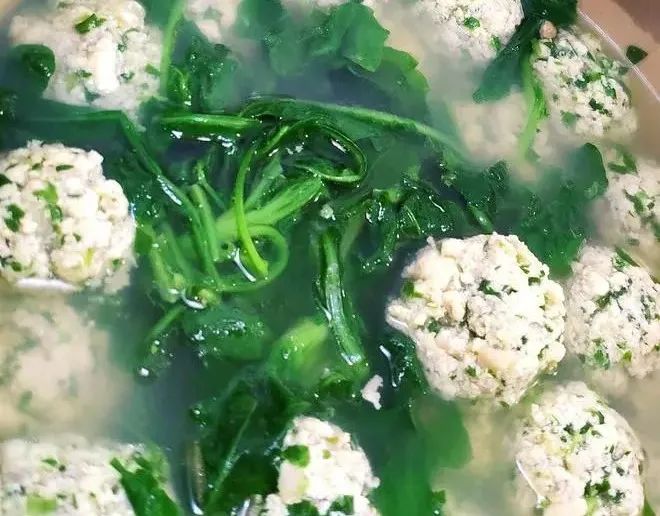

02
Eliminating Old Cold
In some regions, there is a saying that one must eat Jia Cai in spring because it can “eliminate old cold.”
The old cold accumulated in the body is referred to as “old cold.” For example, the cold from winter accumulates in the body and becomes “old cold.” In spring, as yang energy rises, people are prone to “empty fire,” leading to decreased resistance, colds, and fevers. The term “eliminate” vividly illustrates how Jia Cai can expel the long-stored old cold from the body.
The uniqueness of Jia Cai lies in its ability to dispel both cold and heat, without causing fire when expelling cold or cooling when expelling heat. It also strengthens the spleen and promotes dampness. Jia Cai is like “licorice among vegetables,” its medicinal properties are so mild that even infants can consume it.

Recommended Dietary Therapy with Jia Cai

01
Jia Cai Tofu Soup
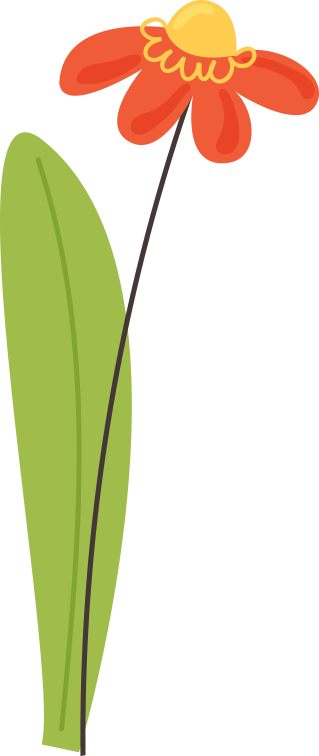
Ingredients: 150g Jia Cai, 200g soft tofu, 50g enoki mushrooms, a pinch of white pepper, salt, and cornstarch.
Method:
1. Blanch Jia Cai in water and chop finely, cut tofu into cubes, and tear enoki mushrooms into pieces.
2. Heat a pan with a little oil, stir-fry enoki mushrooms until fragrant, then add water to boil and add tofu.
3. Thicken the soup with cornstarch until it becomes viscous, then add the chopped Jia Cai, and season with salt and pepper to taste.
Efficacy: Strengthens the spleen, nourishes the stomach, promotes urination, and dispels dampness, suitable for chronic gastritis and people with “three highs” (hypertension, hyperlipidemia, hyperglycemia). You can add shrimp or eggs for extra nutrition based on preference.

02
Refreshing Stir-Fried Jia Cai

Ingredients: 200g Jia Cai, 100g water chestnuts, 100g celery.
Method:
Wash Jia Cai, blanch it, and cut it into sections. Peel and slice the water chestnuts, and cut the celery into small sections. Heat oil in a pan, stir-fry celery for 3 minutes, then add water chestnut slices and Jia Cai and stir-fry briefly, seasoning with salt to taste before serving.
Efficacy: Calms the liver, clears heat, lowers blood pressure, and reduces fat.

03
Jia Cai Minced Meat Congee

Ingredients: 100g Jia Cai, 100g fresh bitter melon, 100g glutinous rice, 50g minced pork.
Method:
Wash Jia Cai and bitter melon, blanch in boiling water, then chop finely. Rinse glutinous rice and cook with minced pork to make congee. When the congee is nearly done, add Jia Cai, bitter melon, salt, and sesame oil to taste, and boil briefly before serving.
Efficacy: Clears heat and detoxifies, lowers blood pressure, and reduces fat.

04
Jia Cai Egg Soup

Ingredients: 240g fresh Jia Cai, 4 eggs, salt, monosodium glutamate, and vegetable oil as needed.
Method:
Clean Jia Cai, cut into sections, and place in a dish. Beat the eggs in a bowl and mix well. In a hot wok, add water and cover to boil, then add vegetable oil, followed by Jia Cai. After boiling, pour in the eggs and cook briefly, adding salt and monosodium glutamate before serving in a large soup bowl.
Efficacy: Nourishes the heart, calms the mind, nourishes blood, stops bleeding, clears heat, and lowers blood pressure.

Precautions for Consuming Jia Cai
Jia Cai is suitable for consumption in spring, but please pay attention to the following points:
● Choose Jia Cai without flowers, as this makes it more tender and tasty.
● The roots of Jia Cai have high medicinal value and should not be removed when consumed.
● Jia Cai should not be boiled for too long, as excessive cooking can destroy its nutritional components and cause discoloration.
● Jia Cai can promote bowel movements, so those with loose stools should consume it with caution; individuals with a cold and weak constitution should avoid Jia Cai.
● When cooking Jia Cai, avoid adding garlic, ginger, or cooking wine to preserve its natural fragrance.
● Wild Jia Cai should be soaked in salt water for 10 minutes and thoroughly washed before consumption.
–THE END–
For business cooperation, please add WeChat:gulianghao01
This article is reproduced from the internet, and the copyright belongs to the original author.


